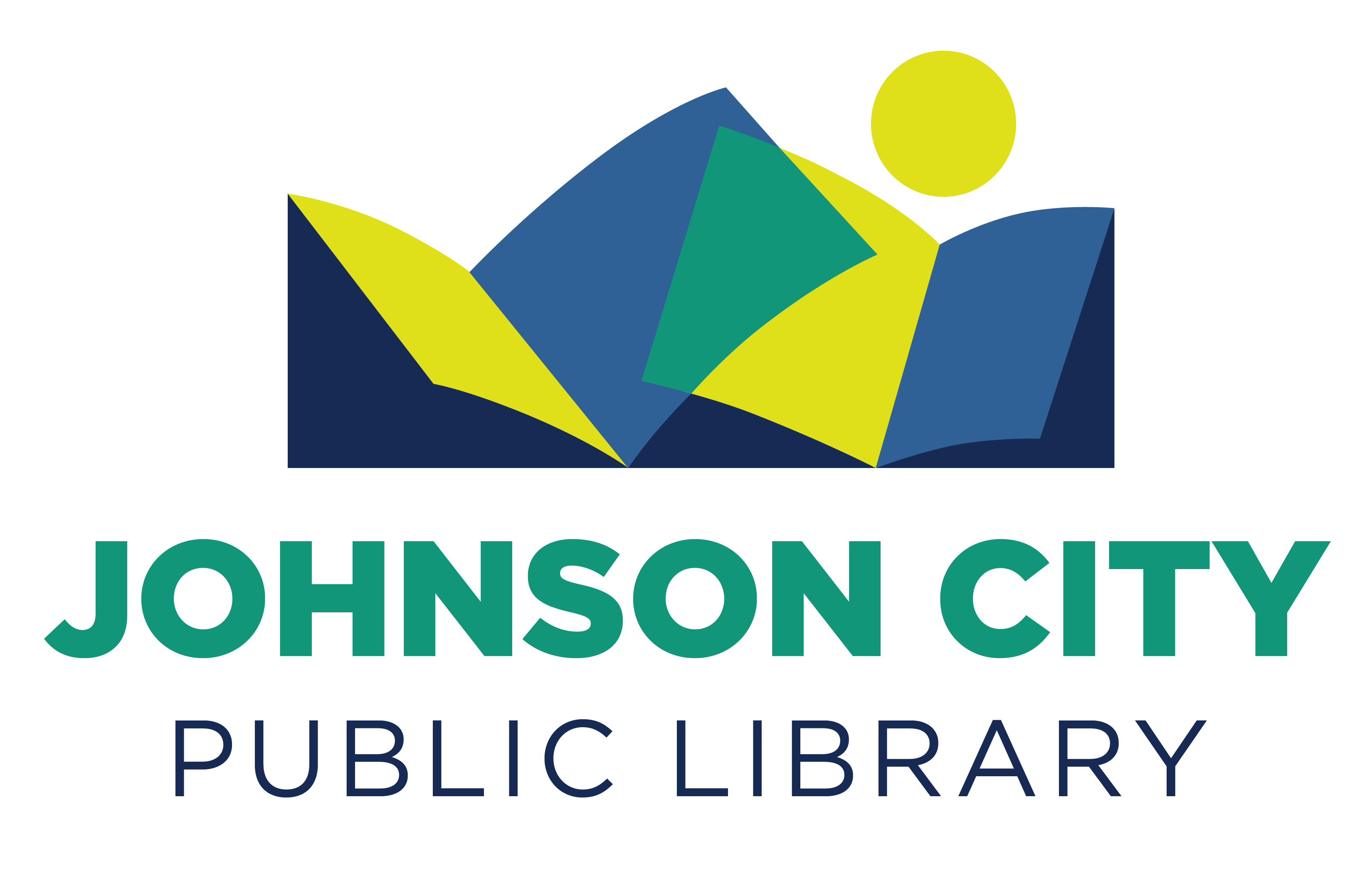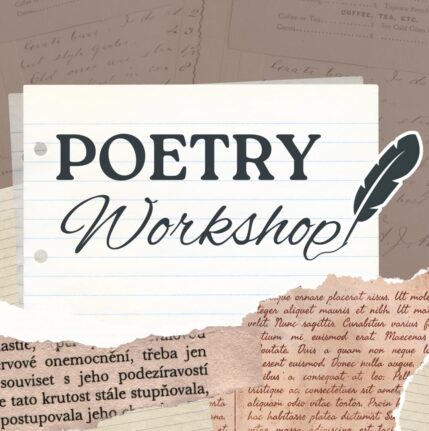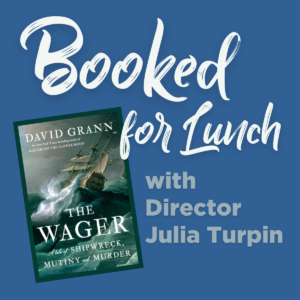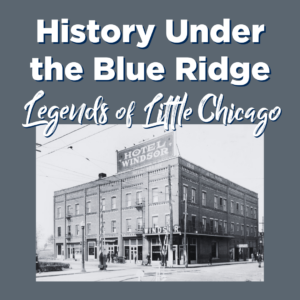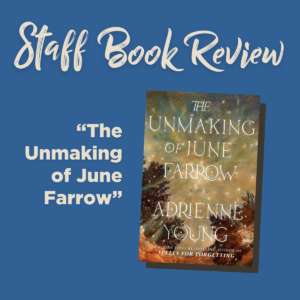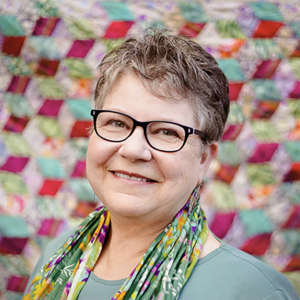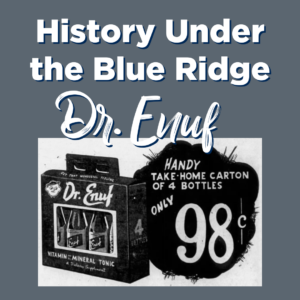Calling all poets! Creative writers Lydia Copeland Gwyn and Sarah Bull will lead poetry workshops throughout the fall. The next session is on Wednesday, October 15 at 2 p.m. in the Library’s Jones Meeting Center. Registration is required.
These workshops are structured, critique-based small groups. Attendees bring a poem they’re working on to share and provide feedback on each other’s work.
Poets Gwyn and Bull, who are also librarians at ETSU, will facilitate the workshop using a model they’ve implemented at the university’s Creative Writing Club.
We talked with Gwyn about what participants can gain from the workshop and why these types of experiences are important for creative writers.
JCPL: What can participants expect from your workshops this fall?
GWYN: These workshops will center on helping participants refine their work through thoughtful, community-based critique. Each attendee will bring a poem-in-progress to share with the group, and every member will offer constructive feedback aimed at strengthening the piece.
For the sake of time, registrants will upload their poem to a shared Google Drive prior to the session. This allows participants time to read and reflect on each piece before we meet. During the workshop, each poet will receive approximately 15–20 minutes of focused feedback on their work. Because we want to give each poem the attention it deserves, space is limited to eight participants per session.
Our ultimate goal is to create a supportive and inspiring poetry community—one where writers feel encouraged to grow, inspired to keep writing, and leave with stronger drafts and new connections.
How can attending a poetry workshop help writers break through creative blocks and find inspiration?
Whether you’re a seasoned poet or just starting out, attending a workshop can be incredibly enriching. Hearing feedback from a variety of perspectives helps you see your poem in new ways—clarifying your ideas and identifying areas for improvement. You’ll leave with actionable suggestions to strengthen your work.
Workshops also offer the chance to support fellow poets by providing thoughtful feedback on their writing. In doing so, you’ll deepen your understanding of poetry and learn from each other’s unique perspectives and approaches. And perhaps most importantly, these workshops foster connection. Being surrounded by other creative minds is wonderful—writers often find as much inspiration in the community as they do in the craft itself.
What’s something surprising or unexpected that you’ve seen happen in poetry workshops?
On a personal note, I would say the most surprising thing I see happening in poetry workshops is just how much you learn about poetry by seeing how other people do it. When I first started writing poetry, I had no idea what I was doing, but through attending workshops I began to understand the nuances of line breaks, stanza structure, rhythm, and the musicality of language. Every poet brings a unique voice and perspective. It’s remarkable how much insight we gain from one another.
Why is it important to connect with other poets, and what can participants gain from sharing their work in a group setting?
Last year I joined a poetry workshop myself, and it has brought so much joy into my life. Aside from Sarah [Bull], I’m not consistently around other writers, but joining a workshop has given me a sense of community with a shared purpose. I’ve also enjoyed learning from poets who are more experienced than I am.
Joining a workshop exposes you to many different perspectives, which is great for feedback on your poems, and it also strengthens your own analytical skills.
I’m a much better reader of poems now that I’ve joined a workshop. I hope participants in our workshops come away inspired and excited to write, and that they possibly make some new friends.
Lydia Copeland Gwyn has published over 200 stories, poems, and essays. She’s the author of the flash fiction collections You’ll Never Find Another and Tiny Doors. Gwyn works as an instruction librarian at ETSU’s Sherrod Library and as a part-time instructor in Cross-Disciplinary Studies.
Visit our events calendar to find more upcoming opportunities for people of all ages. Follow Johnson City Public Library on Facebook and Instagram to receive updates about Library programs, collections, and services.
More News